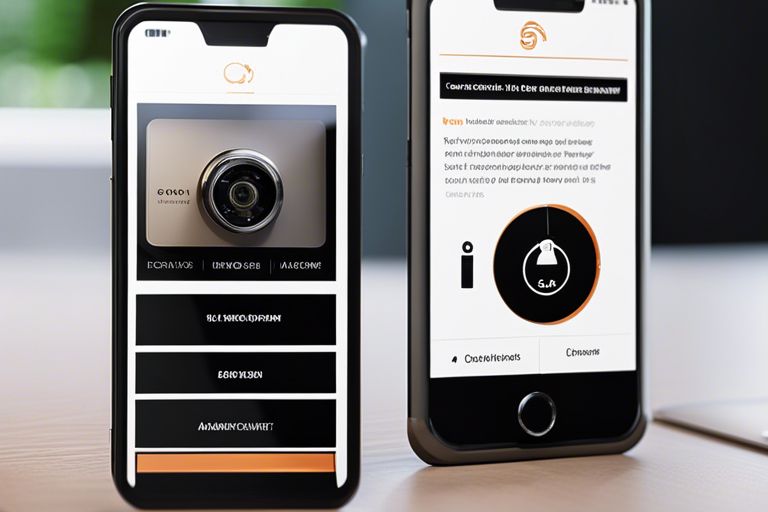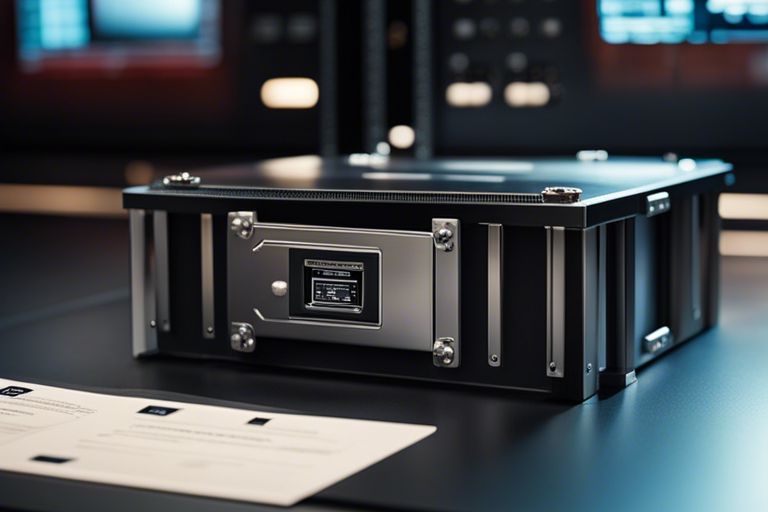In today’s rapidly evolving world, physical security has become more important than ever. With advancements in technology and the increasing sophistication of threats, traditional security measures are no longer enough. As we look to the future, it is clear that physical security will continue to play a vital role in protecting people, assets, and information.
One of the key trends shaping the future of physical security is the integration of technology. From smart surveillance systems to biometric access control, technology is revolutionizing the way we secure our physical spaces. These advancements not only enhance the effectiveness of security measures but also provide valuable data and insights for better decision-making.
Another important aspect of the future of physical security is the focus on cybersecurity. As more devices and systems become interconnected, the risk of cyber threats increases. Physical security measures need to be integrated with robust cybersecurity protocols to ensure the protection of both physical and digital assets.
Artificial intelligence (AI) is also set to play a significant role in the future of physical security. AI-powered systems can analyze vast amounts of data in real-time, enabling proactive threat detection and response. This technology can identify patterns, anomalies, and potential risks, allowing security personnel to take immediate action.
Furthermore, the future of physical security will see a greater emphasis on user-centric design. Security measures should not only be effective but also user-friendly and non-intrusive. This approach ensures that security does not hinder productivity or create unnecessary barriers for individuals.
As we move forward, the concept of physical security will extend beyond traditional boundaries. With the rise of remote work and the increasing use of mobile devices, securing virtual spaces becomes just as important as securing physical spaces. This shift requires a holistic approach to security, encompassing both the digital and physical realms.
Lastly, sustainability will be a key consideration in the future of physical security. As organizations strive to reduce their environmental impact, security measures need to align with sustainable practices. From energy-efficient surveillance systems to eco-friendly materials, sustainability will be integrated into the design and implementation of physical security solutions.






